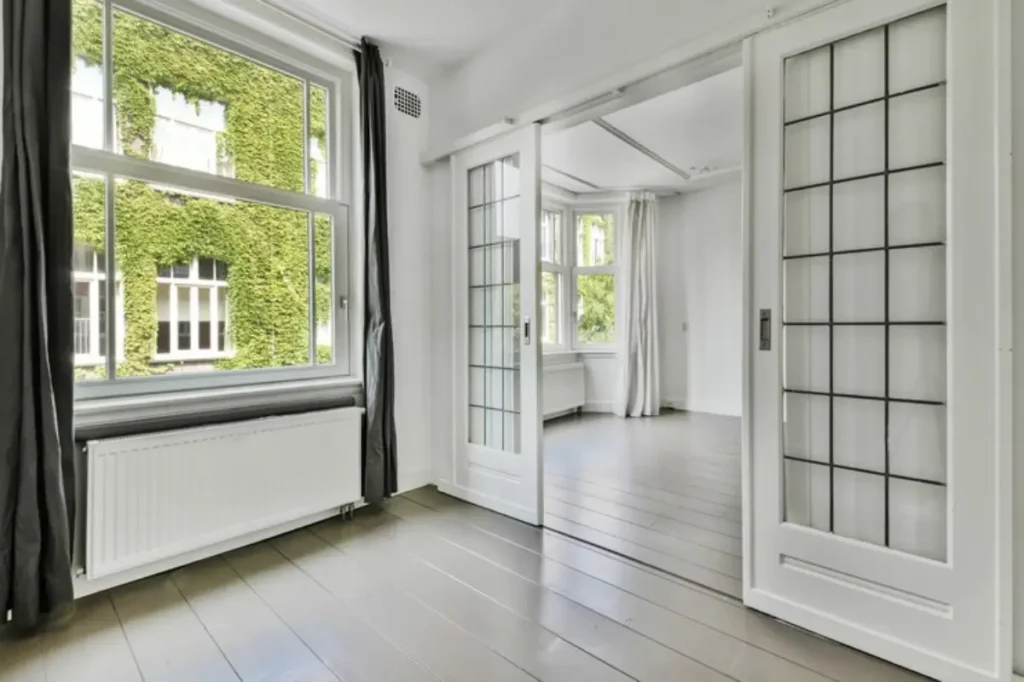There are many different options if you are looking for commercial flooring for your business. You can choose from carpet, hardwood flooring, or laminate. Each of these options can add to the look and feel of your space.
Laminate Flooring
There are many options to consider when it comes to commercial laminate flooring. It’s a durable, cost-effective alternative to hardwood floors.
Due to its many strong layers, laminate flooring for commercial use offers superior stability and long wear life. Compared to most laminates used in homes, the surface wear layer is more scratch-resistant. This layer gets rid of UV light-induced yellowing.
A commercial flooring manhattan ny is also available in a wide range of styles and designs. You can choose from the latest trends or classic options to find a look that suits your decor.
Some of the advantages of laminate include an authentic wood or stone appearance, consistent tones, and a low-maintenance finish. However, some drawbacks include leaks, water stains, and a hollow sound underfoot.
Vinyl Sheet Flooring
Vinyl sheet commercial flooring is an excellent option for large rooms that need a durable, resilient surface. It’s easy to install and can accommodate various types of wear. However, if you’re considering purchasing this product, you should be aware of some common misconceptions.
Sheet vinyl is a type of resilient flooring that can mimic several different materials, including wood, stone, marble, and concrete. Depending on the type and budget, you can choose from various colors and styles.
One of the more unique features of sheet vinyl is its seamless finish. This helps protect your floors from water penetrating through the seams.
Typically, sheet vinyl flooring comes in three different thicknesses. Thicker sheets are more durable and sturdy. They’re also more affordable.
Engineered Hardwood Flooring
Engineered hardwood flooring is made from a combination of several layers of solid wood. The core consists of five to seven layers of plywood. Each layer is then pressed together in a crisscross pattern. It’s then glued to a subfloor.
Engineered wood is less sensitive to moisture than solid wood. However, it can be damaged by heat. Unlike laminate, it’s not a scratch-resistant floor. Also, engineered wood is more prone to off-gassing.
Your engineered hardwood’s quality will vary depending on the manufacturer. To reduce costs, some manufacturers make compromises. They might use less expensive woods, fewer layers of veneer, and subpar adhesives. Follow the manufacturer’s instructions to ensure the best outcomes.
If you’re planning to put an engineered floor in your basement, choose a product with a lifetime warranty. Look for a label that says “low- or no-VOC” as well.
Carpet Tiles
Commercial carpet tiles are a great way to enhance your floor coverings. They offer durability, easy maintenance and replacement, and a variety of designs and styles.
Carpet tiles have been around since the mid-20th century. They are modular, meaning they can be laid in many different ways. While they may have been around for quite some time, their latest iterations have been improved in the last few years.
One of the best features of carpet tiles is their ability to withstand a lot of foot traffic. As a result, they are perfect for office spaces, retail locations, schools, hospitals, and other commercial properties.
Compared to other flooring options, carpet tiles are inexpensive and easy to install. Additionally, they come in various shapes and sizes, allowing for more versatility than broadloom.
Concrete Staining
Concrete staining is an effective way to transform any surface. It’s a long-lasting, durable finish that’s affordable and easy to maintain. This method allows you to choose various colors, patterns, and styles. You can create a beautiful look suitable for indoor and outdoor settings.
Several types of concrete stains are available, including acid- and water-based. Depending on your needs, you may prefer a specific kind of color.
Acid stains are more permanent than water-based stains. They react chemically with the concrete to produce unique color tones.
Acid stains are an excellent choice for areas with high traffic. These stains are resistant to chipping, flaking, and peeling. However, they do require special equipment to properly apply.
Water-based stains are a safer option for food applications. They are also more uniform than acid stains.





Leave a Reply
You must be logged in to post a comment.